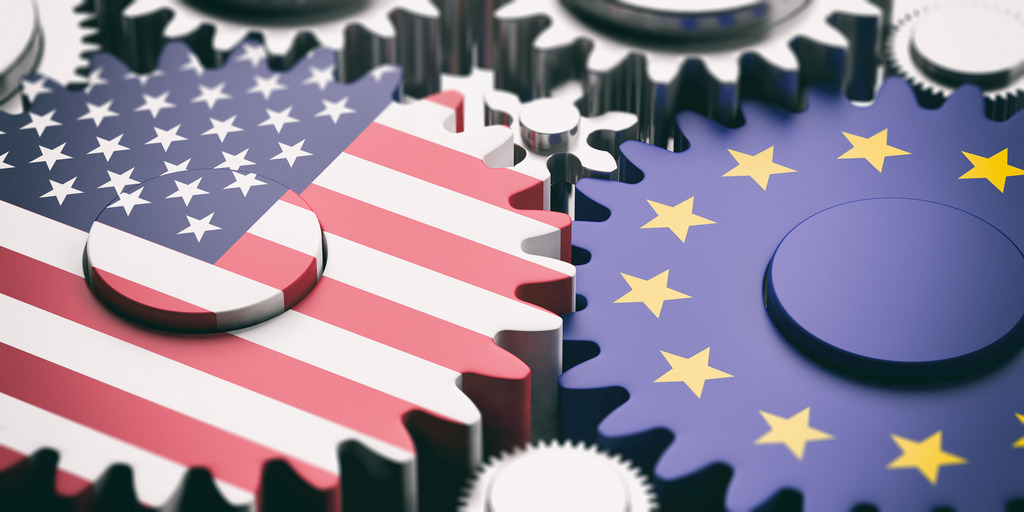Donald Trump’s return to the White House is a real possibility, with polls showing a razor-thin margin as Election Day looms. Political leaders and the public in Germany and Europe appear to underestimate the potential consequences of this outcome. While the European Commission and several German ministries have drafted contingency plans to respond to confrontational measures from a new Trump administration, some policymakers and parts of the public still cling to a “principle of hope” for a Kamala Harris victory or, at the very least, a less consequential Trump presidency.
Yet, a realistic engagement with the far-reaching consequences of “Trump 2.0” is urgently needed now to prepare and build political support for necessary actions. In the following areas, shifts and decisions threaten to impact core interests of Europe and Germany:
- Security and NATO, as Trump could withdraw from NATO or make its security commitments contingent upon a dramatic and rapid increase in European military spending.
- Ukraine, as Trump could drastically cut back or completely halt military and financial support for Ukraine, pushing it toward a peace agreement involving concessions to Russia. If Europe does not compensate for an American shortfall, Kyiv might be forced to accept these terms.
- Economy and Trade, as Trump could severely damage economic relations by imposing high tariffs on European goods, potentially igniting a trade war with the European Union (EU).
- Technology, as Trump might pressure European tech companies to align with U.S. export controls or sanctions against China, leading them to decouple from parts of the Chinese market.
- Democracy and International Order, as Trump could steer the U.S. toward an “illiberal democracy,” which could weaken liberal democracies globally and empower autocratic and anti-democratic actors, including in Europe.






